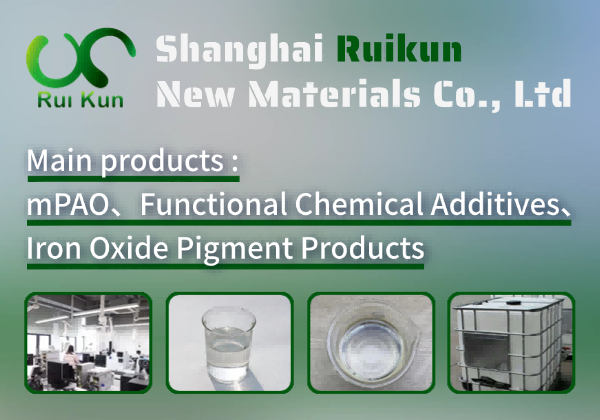What is Δ-citral
**Introduction to Δ-Citral** Δ-Citral, also known as geranial or trans-citral, is a key monoterpene aldehyde and one of the two isomers of citral (alongside neral, or cis-citral). It is a naturally occurring compound found in essential oils of lemon grass, lemon myrtle, and other citrus plants, contributing to their fresh, citrusy aroma. Δ-Citral is widely used in the fragrance and flavor industries for its bright, lemony scent, as well as in cosmetics, cleaning products, and aromatherapy. Additionally, it serves as an intermediate in the synthesis of vitamins (e.g., vitamin A) and other fine chemicals. With its antimicrobial and potential therapeutic properties, Δ-citral is valued in both industrial and research applications.
Preparation Process: Δ-Citral can be prepared via the following method: 1. **Starting Material**: Begin with geraniol or nerol. 2. **Oxidation**: Use manganese dioxide (MnO₂) in an inert solvent (e.g., dichloromethane) at room temperature to selectively oxidize the allylic alcohol to citral (a mixture of geranial (Δ-citral) and neral). 3. **Separation**: Isolate Δ-citral (geranial) from the isomeric mixture (neral) via fractional distillation or column chromatography due to their differing boiling points and polarities. 4. **Purification**: Further purify by redistillation or recrystallization if necessary. Alternatively, Δ-citral can be synthesized via pyrolysis of β-pinene or isomerization of citral isomers under acidic conditions.
Usage Scenarios: Δ-Citral, an isomer of citral, is widely used in the fragrance and flavor industry for its fresh, citrusy aroma. It serves as a key ingredient in perfumes, soaps, and cosmetics, imparting a lemony scent. In food and beverages, it enhances citrus flavors. Additionally, Δ-citral exhibits antimicrobial and insecticidal properties, making it valuable in agrochemicals and pest control. It is also studied for potential therapeutic applications, including anti-inflammatory and anticancer effects. In aromatherapy, it promotes relaxation and stress relief. Its versatility extends to household cleaning products for its pleasant fragrance and disinfectant qualities.
Δ-citral Basic Info
Δ-citral Price
- **United States**: $50–$100 per kilogram
- **China**: $20–$50 per kilogram
- **Russia**: $30–$70 per kilogram
- **Germany**: $60–$120 per kilogram
- **India**: $25–$60 per kilogram
- **Japan**: $70–$150 per kilogram
- **Brazil**: $40–$80 per kilogram
- **South Korea**: $50–$100 per kilogram
- **Philippines**: No results
- **United Kingdom**: $60–$130 per kilogram
- **France**: $60–$120 per kilogram
- **Mexico**: $35–$75 per kilogram
- **Canada**: $50–$110 per kilogram
- **South Africa**: $30–$70 per kilogram
- **Egypt**: No results
- **Turkey**: $40–$90 per kilogram
- **Thailand**: $25–$60 per kilogram
- **Indonesia**: $20–$50 per kilogram
These ranges are based on general market trends and may not reflect real-time pricing. For accurate pricing, consult local suppliers or market reports.



